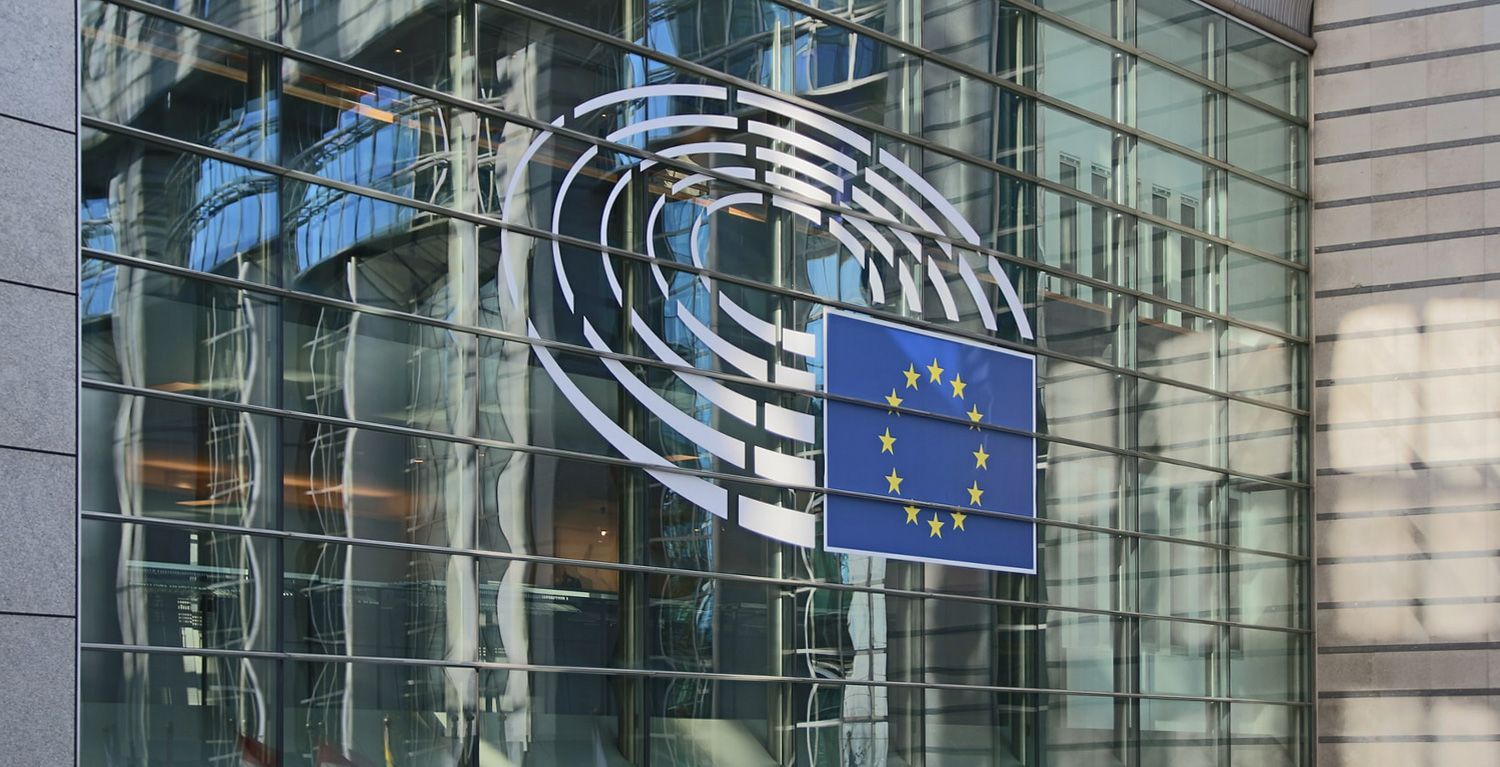On 10 June 2021, The European Parliament and the European Council adopted a provisional agreement for the amendment of Directive 2013/34/EU, relevant to the publication of corporation tax paid by certain companies and their branches.
It is becoming increasingly necessary to demand financial transparency from large multinationals operating in the European Union, particularly in relation to information on where these multinationals make their profits and in which jurisdictions they pay taxes. After all, it is everyone’s duty to contribute to post-COVID economic recovery in an equitable manner.
This public control can be achieved by means of a report giving information on Corporation Tax, irrespective of where the ultimate parent company of the multinational group is established, without prejudice to the investment climate or the competitiveness of union undertakings.
This agreement will require those companies with global turnovers in excess of EUR 750 million for two consecutive years, to make public the taxes they pay in each of the Member States of the European Union and in the countries considered tax havens by the EU. Companies must also provide information on their activities, number of employees, profits or losses before taxes, taxes paid, as well as accumulated profits.
This obligation also falls on subsidiaries, regardless of their size, provided that they can be considered to exist in favour of the parent in tax avoidance.
This reporting will increase the transparency of multinational companies, enabling the general public to assess the impact of their activities on the real economy, as well as improving the ability of shareholders to assess the risks assumed by companies. The requirement should also increase the ability of decision-makers to reevaluate their investment strategies, by also considering effectiveness and impact on national legislation.
Greater transparency in financial reporting means benefits for everyone. Civil society will be more involved, employees will be better informed, and investors will be less risk averse. This greater clarity will also make it easier for companies to access funding, as the report provides a better risk profile and will even better reputations.
The aim of this agreement is to bring to light the losses in tax revenue suffered by EU countries, as well as highlighting the differences between the Member States. Some States have established tax systems which have served to attract large international companies to install operational bases. These companies then avoid the payment of taxes in the rest of the EU countries by making themselves beneficiaries of more favourable tax systems.
It is, therefore, also the objective of this agreement to have more transparent access to tax structures designed by large multinational groups to enjoy a lower tax burden. Enforcing this transparency intends that companies contribute taxes in a fair way, no matter the jurisdictions where they carry out their activities and obtain profits.
This agreement comes at a time when greater tax justice is being promoted within the framework of the Organization for Economic Cooperation and Development (OECD), which is working to set a minimum Corporation Tax, as well as monitoring the correct taxation of companies in those jurisdictions where they make profits.
Interested in start operating abroad? Discover more about tax obligations for international corporations here.

Photo by Benjamin Child
Local Knowledge – International Coverage
Founded in 1979, Auxadi is a family-owned business working for multinational corporations, private equity funds and real estate funds. It’s the leading firm in international accounting, tax compliance and payroll services management connecting Europe and the Americas with the rest of the world, offering services in 50 countries. Its client list includes many of the top 100 PERE companies. Headquartered in Madrid, with offices in US and further 22 international subsidiaries, Auxadi serves 1,500+ SPVs across 50 jurisdictions.
All information contained in this publication is up to date on 2021. This content has been prepared for general guidance on matters of interest only, and does not constitute professional advice. You should not act upon the information contained in this chart without obtaining specific professional advice. No representation or warranty (express or implied) is given as to the accuracy or completeness of the information contained in this content, and, to the extent permitted by law, AUXADI does not accept or assume any liability, responsibility or duty of care for any consequences of you or anyone else acting, or refraining to act, in reliance on the information contained in this chart or for any decision based on it.




